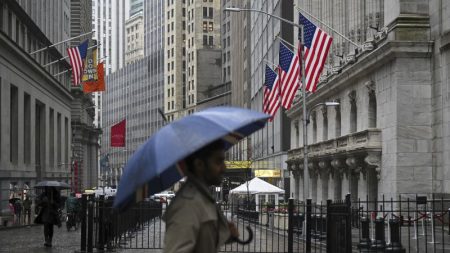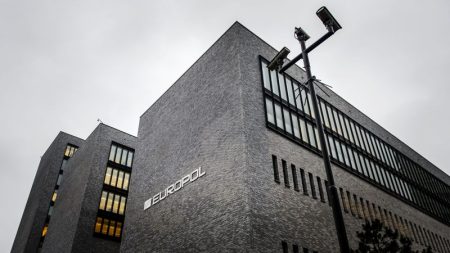Microsoft is investing $1.5 billion in Abu Dhabi’s G42, an AI group that has faced scrutiny over its connections to China. The collaboration between the two companies will focus on AI and digital infrastructure, marking Microsoft’s entry into the Middle East. While the move is significant for both companies, it could also attract attention from regulators due to concerns about G42’s ties to Beijing, with U.S. officials previously expressing worries about the potential sharing of American technology and data.
G42, led by Chinese businessman Peng Xiao, has denied claims of sharing technology with the Chinese government, calling them “misinformation.” Both G42 and Microsoft have committed to following U.S. and international trade rules as part of their partnership. Microsoft President Brad Smith will join the G42 board as part of the deal, emphasizing their goal to bring AI and digital services to underserved nations. Last year, G42 introduced an Arabic-language AI model named “Jais” on Microsoft’s Azure platform.
Microsoft has been actively forming partnerships with various AI companies to establish itself as a leader in the technology sector. Its collaboration with OpenAI has been instrumental in driving Microsoft’s growth, yet it has also raised concerns from regulators in the U.S. and Europe about Microsoft’s growing dominance. In addition to its partnership with G42, Microsoft has made significant AI investments overseas, including a partnership with a leading French AI startup and funding for AI projects in Spain and Germany. Microsoft views this as the beginning of a new era in the AI industry.
According to Microsoft President Brad Smith, the company’s investments in AI reflect the emergence of a new sector in the economy. With a focus on AI and digital infrastructure, Microsoft’s partnership with G42 aims to bring AI services to underserved nations, further expanding Microsoft’s reach in the Middle East. The collaboration between the two companies signifies a strategic move that could potentially shape the future of AI development and deployment worldwide.
Microsoft’s commitment to compliance with trade rules and international regulations highlights its dedication to ethical AI practices. By engaging in partnerships with various AI companies and expanding its global presence, Microsoft aims to foster innovation and drive technological advancements in the AI field. The company’s strategic approach to investing in AI projects and forming alliances with key players in the industry positions it as a prominent leader in the evolving AI landscape, setting the stage for continued growth and innovation in the sector.















